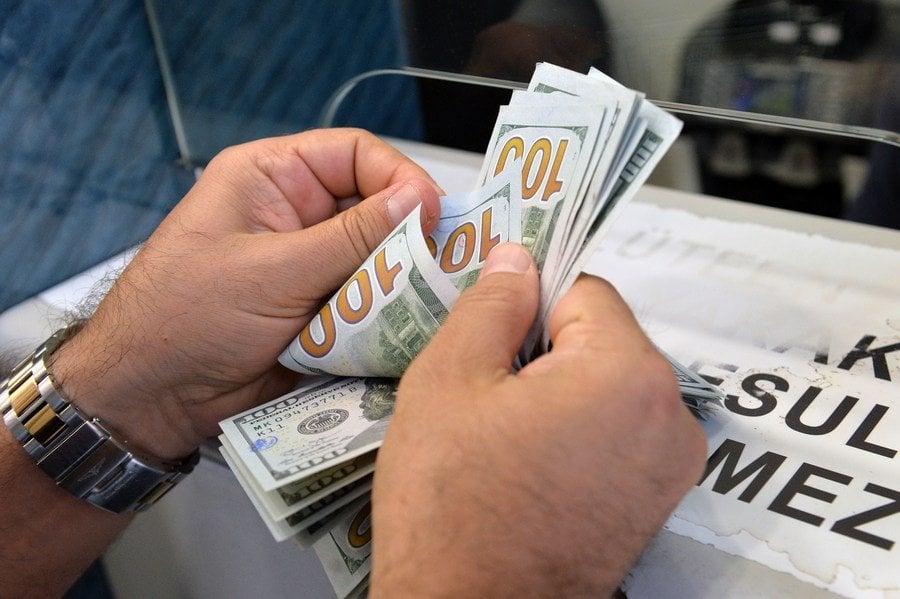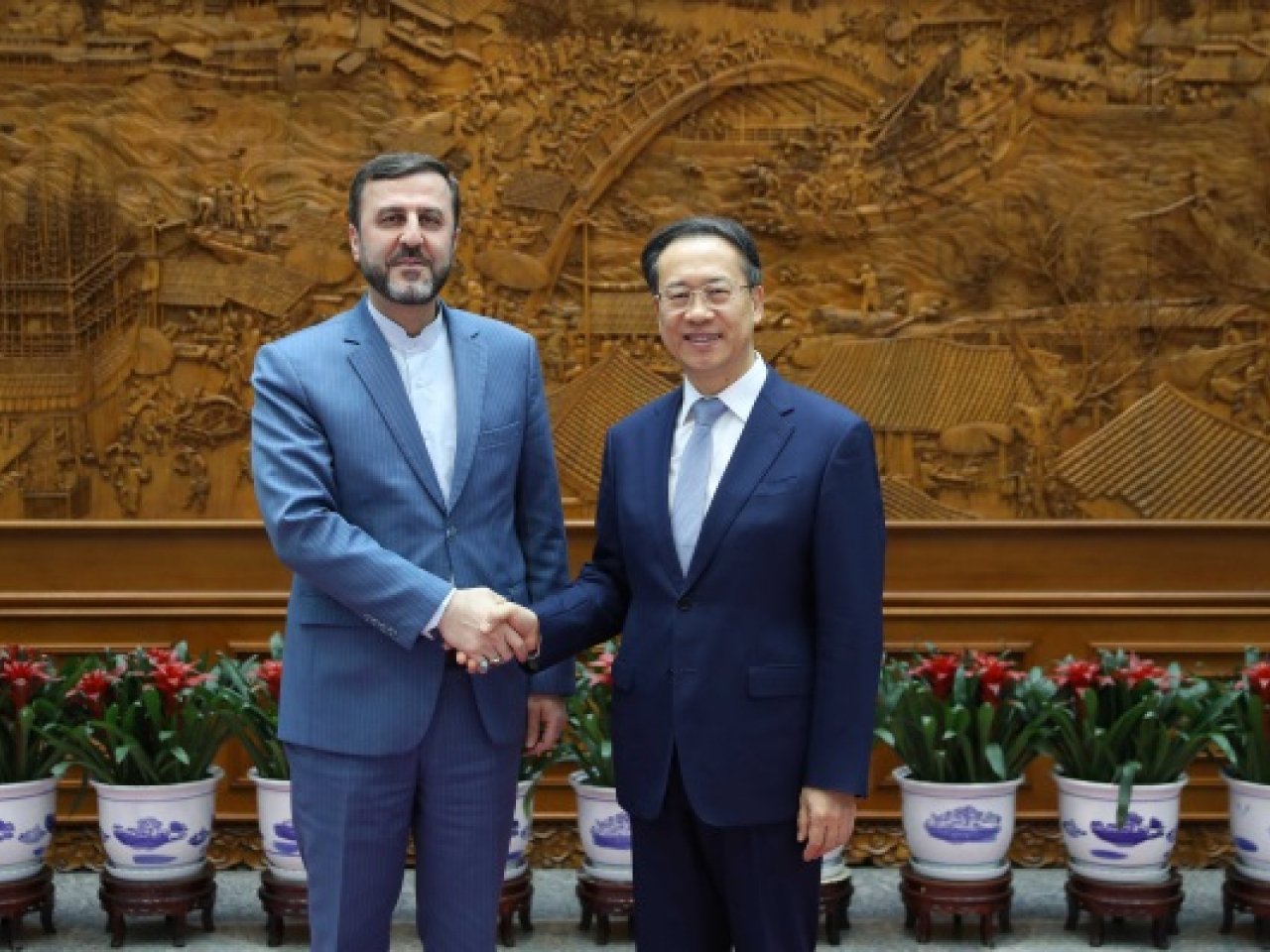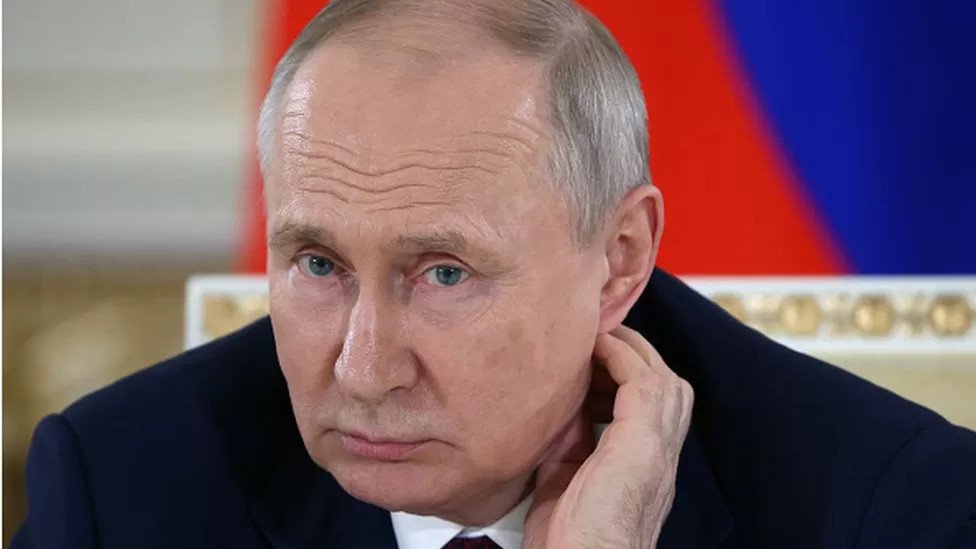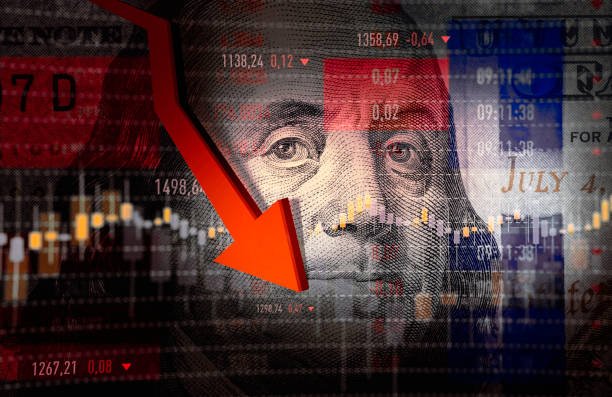Türkiye makes 1st interest hike in 27 months as economists call for reforms

ANKARA, June 23: The Turkish central bank implemented a significant interest rate hike on Thursday, marking the first increase in over two years and indicating an exit from the current unconventional economic measures. But economists pointed out that interest hikes alone could not solve the economic crisis Türkiye faces.
The central bank's Monetary Policy Committee (MPC) convened on Thursday and then announced to hike the benchmark interest rate from 8.5 percent to 15 percent, representing a 650 basis point rise.
This is the first rate hike made by the MPC since March 2021.
"The committee decided to begin the monetary tightening process to establish the disinflation course as soon as possible, to anchor inflation expectations, and to control the deterioration in pricing behavior," explained the MPC.
Anticipation for a substantial policy rate hike grew following the appointment of market-friendly figures to key economic positions after the general elections in May, where President Recep Tayyip Erdogan secured a third term.
Erdogan appointed Mehmet Simsek, formerly responsible for economic affairs from 2015 to 2018, as Treasury and Finance Minister, and Hafize Gaye Erkan, a former Wall Street bank executive, as the head of the central bank.
However, markets and economists had expected an even larger increase of over 1,000 basis points. As a result, the Turkish lira on Thursday afternoon weakened to a record low of 24.49 against the U.S. dollar.
"The central bank has adopted a gradual approach by raising the interest rate to 15 percent, reaching the lower end of expectations," noted Enver Erkan, chief economist at Dinamik Investment Securities in Istanbul.
"This suggests a focus on maintaining economic activity and managing costs, particularly financing, in an easier manner," Erkan added.
While the interest rate hike fell short of expectations, analysts view it as the initial step in a series of measures to combat persistent inflation.
Erdogan had previously advocated for low-interest rate policies, believing they would help curb inflation. However, the Turkish lira has experienced a significant decline of over 60 percent against the U.S. dollar in the past two years.
Turkish citizens have been grappling with the high cost of living due to soaring inflation, which peaked at 85.5 percent in October last year before easing to 39.59 percent in May.
Such policies diverge from the conventional approach employed by central banks worldwide, which typically utilize interest rate hikes to rein in inflation.
Reports from the local press suggest that during meetings in early June, Simsek successfully persuaded Erdogan to support an interest rate hike to address the cost-of-living crisis and the devaluation of the Turkish lira, which has depreciated over 20 percent this year.
While economists commend the return to "rational policies," they emphasize the necessity of "structural reforms" to strengthen the vulnerable Turkish economy.
"At this stage, the interest rate hike alone will have limited impact without being supported by structural reforms," cautioned Mahfi Egilmez, a former treasury advisor, in a blog post on Wednesday.
Egilmez suggests that a gradual rate hike, coupled with a robust structural reform program, would be prudent in curbing inflation.
Daren Acemoglu, a Turkish-born American economist from the Massachusetts Institute of Technology (MIT), echoed the sentiment, stating in a series of tweets last week that adopting more effective macroeconomic policies, including granting greater independence to the central bank and actively fighting inflation would undoubtedly benefit the Turkish economy.










Leave Comment